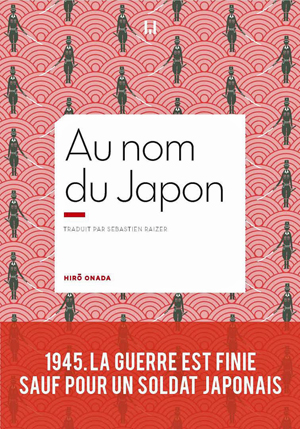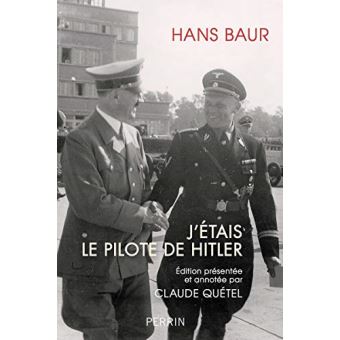
“Enfant de salaud” means “Bastard’s child” in English. Author Sorj Chalandon is a journalist and worked for decades for the French newspapers Liberation and Canard Enchaîné. During his career, he received numerous awards: Albert-Londres (1988), Médicis (2006), Grand Prix de l’Académie française (2011), Goncourt des lycéens (2013) and most recently Goncourt 2021 des lecteurs de 20 Minutes .
“Enfant de salaud” is the true story of the author who tries to shed light on his father’s extremely nebulous past during World War II, in the German-occupied France.
Having had access to official archives, he gradually discovers that his father went through the war by enlisting in five armies, which he all deserted. He served the enemy in every way, but always made sure that the few things he was doing for Francewere listed somewhere in case of an investigation after the war.
The head of the Sûreté nationale de Lille who questioned the father after the war said of him: “This individual is a liar endowed with an astonishing imagination. He must be considered very dangerous and treated as such.”
Between the reflections and the discoveries of the son on the past and the psychology of the father, the reader participates in parallel to the trial of Klaus Barbie , psychopath and great war criminal, who died in prison in France in 1991. Passages of the book are blood curdling, although we know what to expect when it comes to Nazis, SS and members of the Gestapo.
When the survivor Isaac Lathermann takes the stand during the Barbie trial, he announces: “[in the concentration camps], at breast height, there was no more bark on the trees, everything had been eaten. No more grass either. Eaten too.” (p. 238)
The reader discovers the resistant Lise Lesèvre who, even tortured by Klaus Barbie for days, doesn’t give up a single name: a phenomenal example of courage and patriotism.
“Enfant de salaud” is the author’s decades-long inner journey. The fact that he relates a real-life story further reinforces the intensity of the narrative.
Enjoy!
Title: Enfant de salaud
Author: Sorj Chalandon
Edition: Grasset et Fasquelle, 2021
ISBN: 978-2-246-82815-0
Click on the link for other novels on my blog.
Click on the link for other books on war on my blog.

